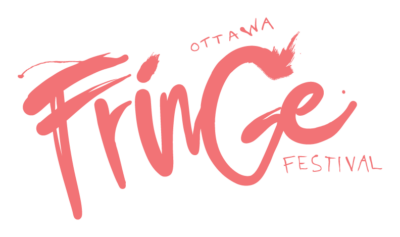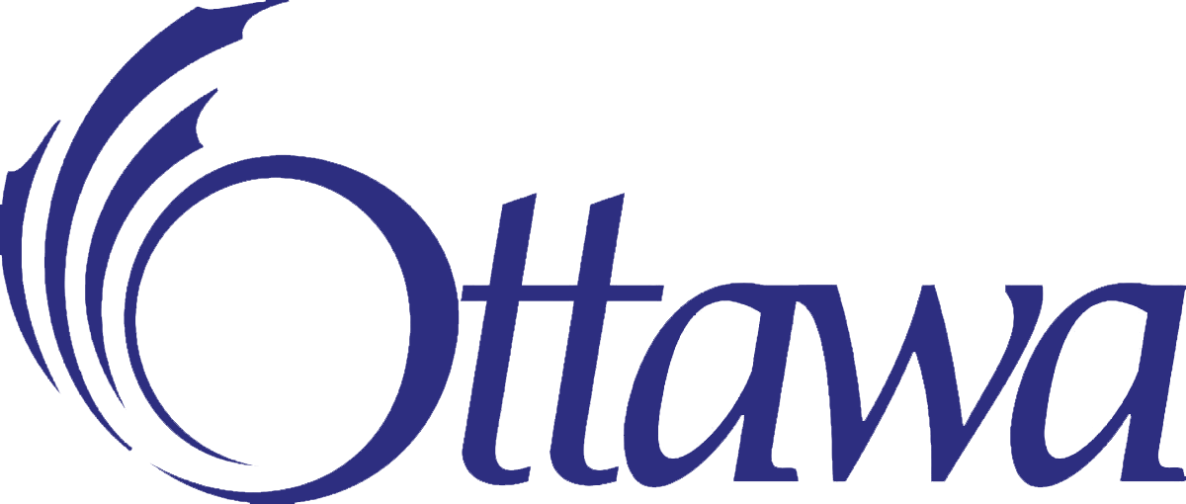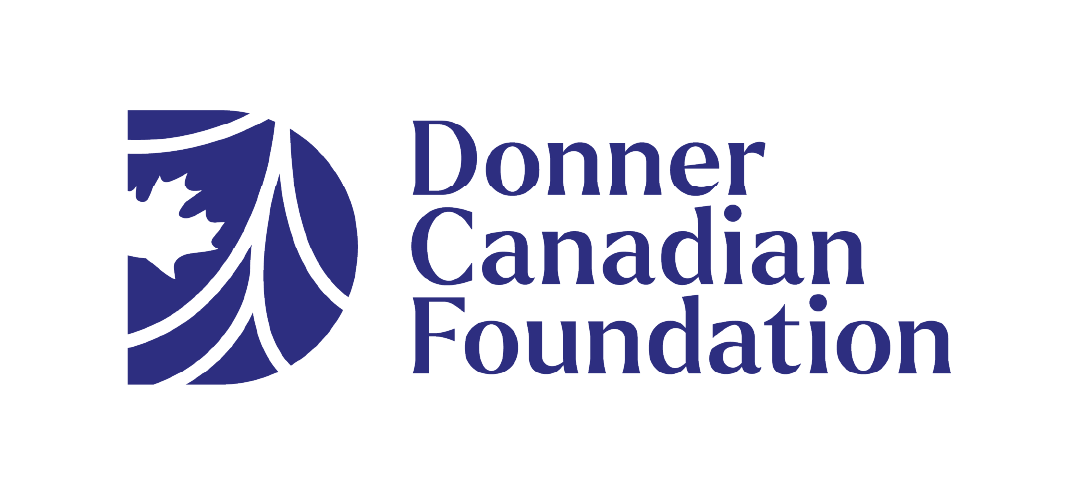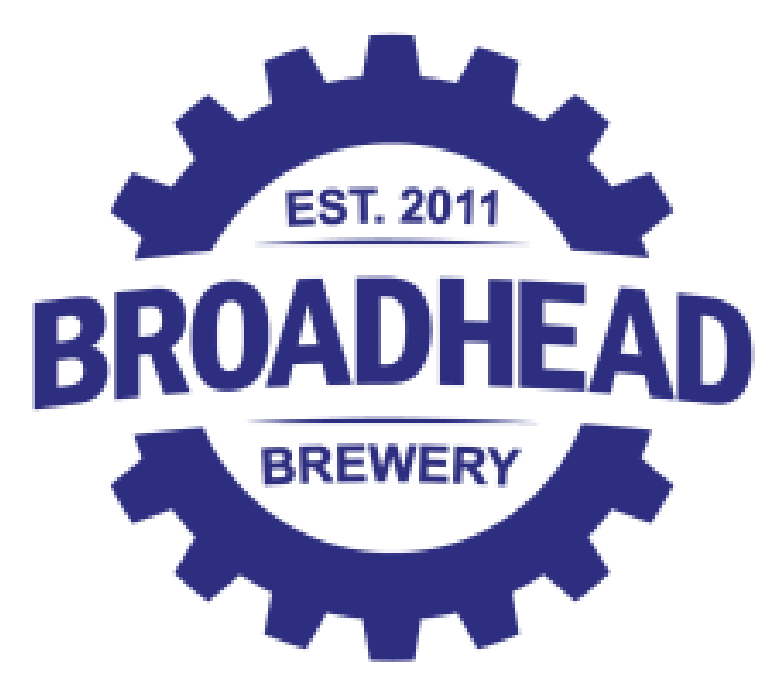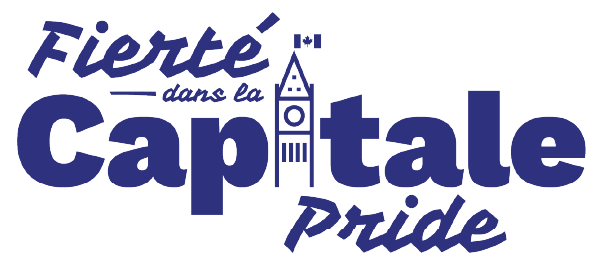Interview: Unequal Harvest
by Andrew Alexander
Geoff Hughes and Kami Desilets make a typical, unassuming pair as they stroll the Fringe Tent: friendly and easy to talk to, with a comfortable air about them. You’d hardly figure them for activists. But in a fringe lineup of sixty shows, there aren’t that many which deal with current affairs, and their show, Unequal Harvest, tackles a big one head on: food.
We sat down to talk about their show in what I thought would be a quiet corner of the Arts Court, but it’s abuzz fringers going to and from the three venues in the building. « It was commissioned in 2008 by three non-profit groups, » says Geoff of the play: « The Winnipeg Harvest, a local food bank, the Canadian Foodgrains Bank, and the Manitoba Food Shelter. The three of them put together a celebration of World Food Day on October 16, 2007. When they were preparing for 2008, somebody thought, why don’t we put on a play this year. One of the people representing one of the three groups is a friend of mine, who’s familiar with my political theatre. »
 |
| Geoff Hughes and Kami Desilets |
Geoff is a writer with roots in improv theatre: he’s been to the Ottawa Fringe once before, with a show called The Big Toke. « That was a very political show, but it was flash-sexy, because it was comedy, music, fight scenes, times four guys on stage. So it was a very different kind of play, but very connected to what we’re doing, because at that time we were calling for an end to the war on drugs, and trying to show how hypocritical it was. It wasn’t such a financial success, which is why it’s taken me quite a while to come back. We sold tickets, don’t get me wrong, but we drove a van out here, there were five of us… it wasn’t cheap. »
Unequal Harvest made its premiere on World Food Day in 2008, and was received very well: it’s been remounted twice more. In its original configuration, the eight monologues were played by eight different actors. However, when Geoff thought about presenting it as a fringe show, he found it difficult to coordinate eight actors. « I thought to myself, I can play these characters. And Kami and I have been working for so long that I thought she would be the appropriate choice to take on the female roles. » So Geoff made some tweaks, and now the male parts are played by him, and the female parts are played by Kami.
For Kami, while the show is very much has a political message, the appeal of the show is its human aspect. « Each of the characters are from different parts of the world and they tell their stories about why they have gone hungry or are going hungry in their circumstances. You can learn statistics until you’re blue in the face. But if you have somebody actually telling their story, and reminding you that yes, somebody could be in the situation where they would be selling their farm and having to move their father’s grave – that’s heartbreaking, it’s so heartbreaking to me, and each of our different characters, they’re real people. »
When I ask her about her history with the fringe, Kami searches for a moment to decide whether it’s her fifteenth or sixteenth fringe festival performance. « Mostly in Winnipeg, » she recounts, « but I also did the Mission, B.C. fringe – the tiniest fringe that ever happened – as well as the Edmonton Fringe as well. This is my first time actually touring a show. » Kami notes there’s a different energy with the smaller scale of the Ottawa Fringe. « Being in Winnipeg, there are 130 shows minimum, it all seems a bit more hectic. This seems like a nice, laid-back, friendly festival… we’ve been welcomed warmly, a nice way to ease in to the rest of our tour. » After Ottawa, they’ll be heading back west, to perform in Winnipeg, and finally in Victoria.
I ask if they can give me a sample of one of the issues in the show, and they ask me to pick a number between one and eight. I choose three: that’s one of Geoff’s. « One of the monologues is a prairie farmer who’s struggling with trying to keep his family-run farm going, » he describes. « There’s an actor in Winnipeg who came from a farm, I sat down with him and got a lot of what is in that monologue from him. I interviewed him, talked to him about his life, some of the ups-downs of farming. I took some of his real-life experience, and some of the research – the clients originally gave me reams of material. So it was good to have an individual that I know, looking across the table from me, telling me, here’s exactly what happened to my family. So it’s the story of a farmer, who’s basically being squeezed out to make way for the corporate farms. The era of so-called free trade, it’s a bit of a misnomer, because on average farmers in the States get about 50% of their income from the government, compared to about 10% [here in Canada]. At least those were the relative figures when I was given the reports back in 2008. So he’s talking about his problems to his deceased father at the gravestone. And the crux of the piece is that this farmer is faced with the position of selling the land and removing his father’s grave. So that’s the emotional punch there, telling his father that we may have to move. I remember writing the piece, feeling very emotional, imagining myself having to tell my deceased father that I may have to disturb his peace. »
So while the play presents the problems, does it offer solutions? Kami tells me that’s not really the goal. « This is only eight stories, » she says, « there are millions of stories that we could tell, literally millions. So I think it’s more about making people aware of what’s happening in the world, telling somebody something that they didn’t really know about, and that they would want to learn more about, and find their own solution for their own life. Because there isn’t a band-aid solution for anything that we talk about. It has to be a global band-aid. And the more people that know about it, the easier it will come. » Adds Geoff: « Debate is what we want to stimulate, and there won’t be any solutions without debate. The initial focus was to launch a discussion, not to end one. »
While it’s definitely got an issue to chew on, the show resonates with audiences. « We’ve had very warm audiences, a few tears, » says Kami. « It’s nice when you can do a piece where the audience leaves quietly with thought on their face. I’ve really enjoyed seeing our audiences: because the audiences where we’ve performed our presentational piece, they are deep into food issues, so it’s nice to see that it works for other people as well. »
Unequal Harvest can be seen at the Arts Court Library, with just two performances remaining: Friday June 25th at 9:00pm, and Saturday June 26th at 11:00pm.
